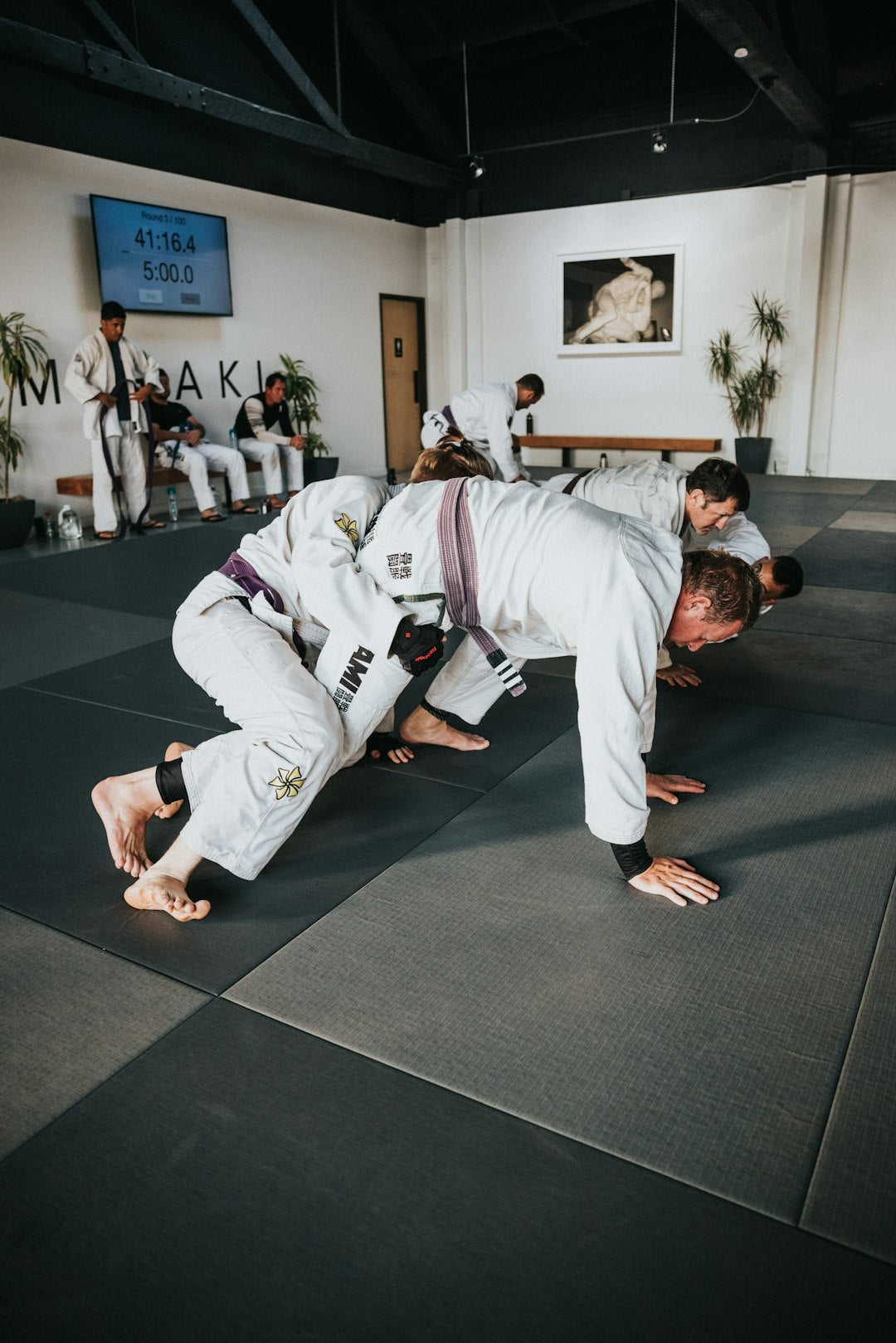Martial arts have transcended mere physical discipline, evolving into a multifaceted global phenomenon that influences sports and culture alike. From the rhythmic movements of taekwondo to the strategic ground game of Brazilian Jiu Jitsu, the richness of martial arts offers insights that go beyond the dojo. This article delves into the profound impact of martial arts on world sports and cultural landscapes.
The Origins of Martial Arts
Martial arts have a long and varied history, originating in different parts of the world, from Asia to Europe and beyond. The roots of disciplines like karate and Kenpo can be traced back centuries, while modern forms like MMA have revolutionized the training and competition landscape. Understanding the origins of these disciplines gives context to their global spread and their integration into various cultures.
The Asian Influence
Martial arts primarily evolved in Asian countries, where traditions and philosophies play a significant role. For instance, taekwondo originated in Korea, emphasizing not just self-defense, but also respect and discipline. Similarly, karate emerged from Japan, blending combat techniques with philosophical tenets. These martial arts forms have become central to international competitions, notably the Olympics, showcasing the skill and artistry of their practitioners.
Martial Arts as a Competitive Sport
As the world of sports evolves, martial arts disciplines have taken their rightful places in the competitive arena. Athletes from all corners of the globe take to the mats, rings, and cages, applying their skills in highly organized competitions. Let’s explore some key disciplines leading the way.
Taekwondo in the Olympics
First introduced as a demonstration event at the 1988 Seoul Olympics, taekwondo became an official Olympic sport in 2000. It’s known for its high-flying kicks and dynamic sparring techniques. The global recognition of taekwondo has not only popularized the sport but also inspired younger generations to engage in physical activity, promoting health and well-being.
Karate: A Traditional Spirit Meets Modern Competition
Karate is known for its diverse styles and techniques, which range from striking and grappling to self-defense. With its inclusion in the Tokyo 2020 Olympics, karate gained immense attention, highlighting the synergy of tradition and competition. Schools and communities across the globe have since witnessed an uptick in interest, emphasizing the sport’s cultural roots while adapting to contemporary training methods.
The Rise of Brazilian Jiu Jitsu
Brazilian Jiu Jitsu has taken the martial arts world by storm, especially due to its effectiveness in mixed martial arts (MMA). Focused largely on ground fighting and submission techniques, this martial art has influenced not only fighters but also fitness enthusiasts. BJJ academies are popping up around the world, fostering community while promoting a culture of respect and growth.
Integrating Martial Arts into Cultural Identity
The implications of martial arts extend beyond combat sports, often weaving into the cultural fabric of societies. Its integration serves as a medium for personal development and cultural exchange.
Martial Arts as a Means of Cultural Expression
In many societies, practices like Kenpo serve as conduits for cultural pride and heritage. Demonstrations and tournaments provide a platform for practitioners to showcase their skills while celebrating their cultural backgrounds. Through martial arts, practitioners narrate stories of their cultures, whether it’s through movements, attire, or the philosophical teachings associated with their discipline.
Community Building through Martial Arts
Martial arts schools often foster community ties, as members support one another through shared experiences. From local tournaments to international competitions, the camaraderie built within martial arts is profound. This sense of belonging extends beyond the dojo, creating bonds that enrich individuals' lives and empower them to engage positively in society.
The Role of Martial Arts in Personal Development
Beyond competition and cultural representation, martial arts play a key role in shaping personal character. Engaging in disciplines such as MMA, taekwondo, and karate teaches practitioners valuable life skills.
Discipline and Focus
One of the fundamental lessons of martial arts is discipline. The strenuous training often leads to increased focus, essential not only in the dojo but in everyday life. Participants learn to set goals, work hard, and persist through challenges—a set of skills that translates beautifully into academic and professional realms.
Confidence and Resilience
Practicing martial arts like Brazilian Jiu Jitsu instills confidence and resilience. As individuals learn to handle physical confrontations and navigate challenges both inside and outside of sports, they build mental fortitude. This enhanced self-esteem can impact various facets of life, empowering practitioners to embrace opportunities with a positive mindset.
The Future of Martial Arts Worldwide
With the ongoing globalization of martial arts, their influence is set only to grow in the coming years. As connections between cultures deepen, the exchange of knowledge, techniques, and philosophies will continue to flourish.
The Expansion of Online Instruction
Modern technology has revolutionized learning, including martial arts. Online platforms provide access to world-class instructors and training programs, breaking geographical barriers. Whether it’s taekwondo tutorials or online MMA classes, anyone can explore these disciplines from the comfort of their home—all while building the skills necessary for competition or personal development.
Martial Arts and Youth Development
Investing in youth programs focused on martial arts offers significant developmental advantages. Initiatives geared toward children not only teach physical skills but also instill respect, discipline, and the importance of community. As organizations increase their outreach, more children can benefit from the life lessons embedded in martial arts teachings, fostering healthier, more balanced lifestyles.
Final Thoughts: Empowering Through Martials Arts
In the tapestry of global culture and sports, martial arts represent a powerful thread that connects diverse communities and individuals. Whether you are a practitioner of karate, taekwondo, Kenpo, Brazilian Jiu Jitsu, or MMA, the benefits transcend beyond physical ability, making profound impacts on health, confidence, and personal growth. As more people engage with martial arts, they not only enrich their own lives but also fortify a global community united by respect, resilience, and empowerment—a phenomenon that continues to echo through generations.

